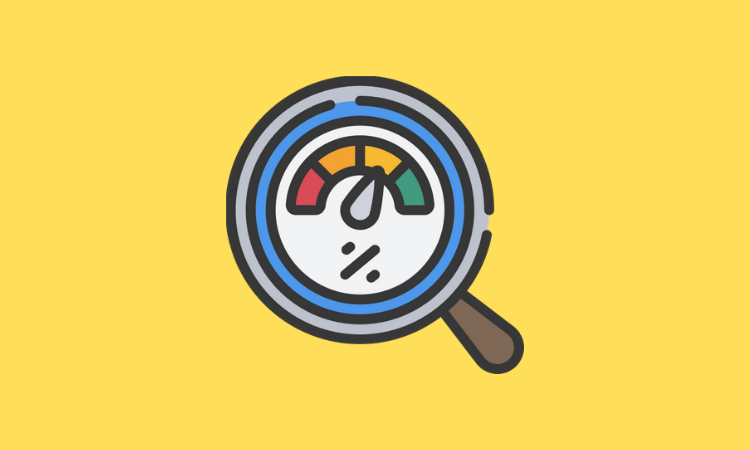Data, Member Exclusive
Pandemic-induced hardships are boosting demand for credit monitoring, counseling and repair
- Dovly offers consumers the opportunity to maximize credit scores through their automated software.
- The company has increased its customer base by 160 percent this year.








